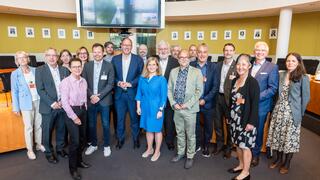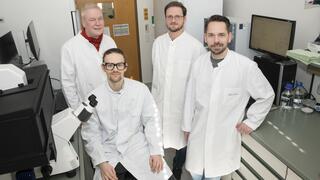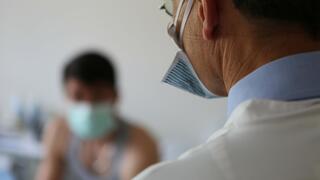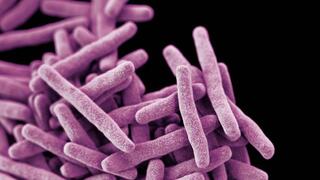Antibiotic resistance
Short description
Antibiotic resistance is a bacterial defense mechanism against antibiotics. It can rapidly spread from one bacterium to another. This makes antibiotics increasingly ineffective.
Detailed description
The level of resistances against antibiotics is rising. This is a great challenge for physicians and scientists. Scientists within the DZIF research field “Healthcare-Associated Infections” aim to develop new strategies against the development and spread of resistance.









